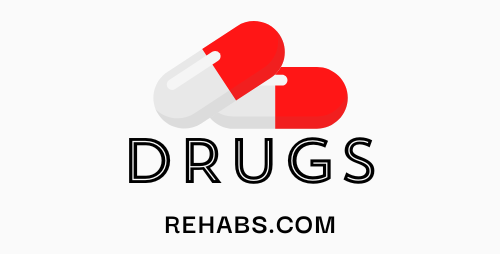Types of Alcohol Addiction Therapy
Often referred to as alcohol addiction therapy, this type of treatment is designed to help an addict overcome his or her dependence on alcohol. The goal is to create a healthier self-image and improve coping skills. In the process, the patient learns to identify and manage temptations and cravings. Ultimately, the goal is to achieve long-term sobriety.

There are many types of therapy that can be used to treat alcohol addiction. The most common is individual therapy. This involves the patient and therapist working together to identify issues and develop a plan for overcoming the problem. The first session will begin with the therapist asking questions about the patient’s history of alcohol abuse, his or her medical condition, and any underlying mental health issues. The therapist will also discuss the patient’s family history, as addiction can often be linked to family members.
Another approach is cognitive restructuring, which teaches the patient to examine his or her thoughts and recognize unhelpful patterns. These patterns can be used to help prevent relapse and help the patient become more productive. Some techniques for this type of therapy include mindfulness, breathing exercises, and positive routines. During the therapy session, the patient will learn to identify when he or she is most susceptible to a craving and how to change those patterns.
Another form of therapy is group therapy, which occurs in a group setting with other patients. These sessions are particularly helpful for people who are intimidated by individual sessions. The therapist guides the conversation and encourages participants to speak freely. The goal is to help attendees gain insight into the recovery process and develop strategies to help the addict feel more accountable for his or her actions.
A type of therapy that has become very effective for substance use disorder is Eye Movement Desensitization and Reprocessing (EMDR). This therapy helps individuals to heal from emotional distress. The therapist will also desensitize the patient to triggers that can lead to relapse. This type of therapy is especially effective for those who have experienced trauma, which often explains their substance use disorder.
Another form of therapy is co-dependency treatment, which helps individuals recognize and understand unhealthy relationships with others. The therapist will also work to develop healthier boundaries for the individual and his or her family. This type of therapy is especially helpful for individuals who suffer from both alcohol addiction and co-occurring disorders.
In addition to therapy, many patients find that they need medication-assisted treatment to help them cope with withdrawal. Some medications, such as Librium, can ease withdrawal symptoms and help the patient remain sober. Inpatient and outpatient programs can be used to treat alcohol addiction. The program can be as short as two weeks or as long as three months.
There are many publicly provided programs that are local or partially funded by the NHS. These programs often offer more affordable options for people who need treatment. These programs also provide 24-hour medical support.

